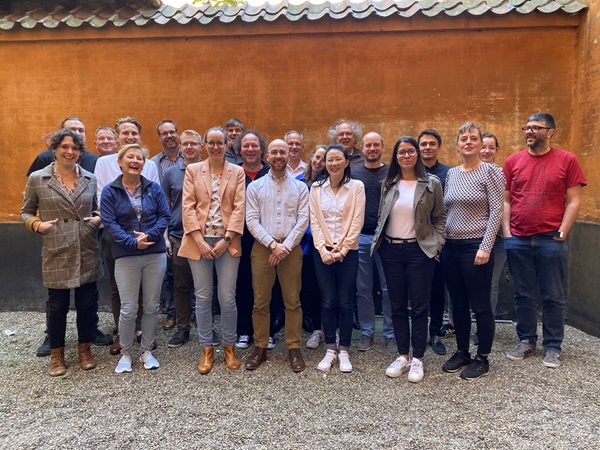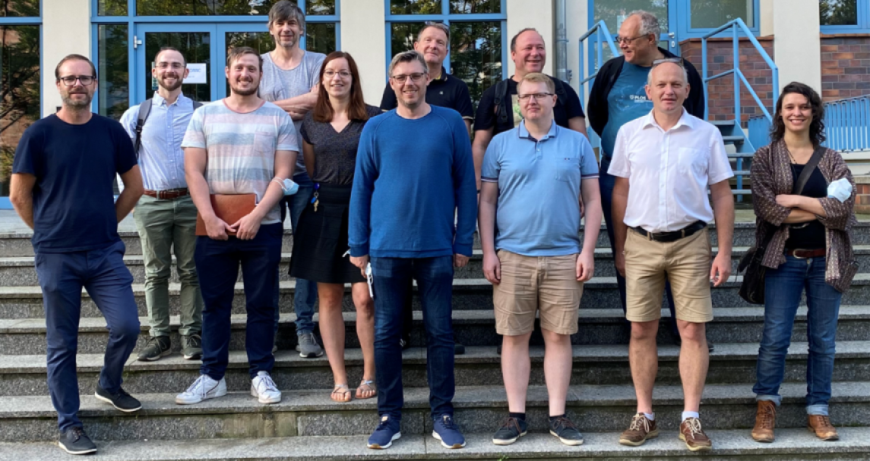The obesity pandemic and its comorbidities like diabetes causes very high societal and economic costs and still there are only limited options for treatment. The discovery that the intestinal microbiome is altered in obese patients and the transferability of a metabolic phenotype by fecal microbiome transplantation (FMT) leads the path to a reversal from an obese to a lean phenotype by FMT. All previous attempts of FMT are hampered by often-occurring incompatibilities of the microbiomes from donor and recipient, having a detrimental effect on the stability of the microbiome.
Approaches based on metagenome analysis are falling short of reliability because the metabolic interaction within the microbiota is key for the understanding of the stability of the entire consortium. This in turn is decisive for which microbiome phenotype is dominating the effect on the host. While therapeutic microbial communities show huge potential for a basis of new living treatments, mathematical modelling of functionality and stability of intestinal microbial communities is basically lacking.
Within this project we will use a variety of mathematical modelling approaches, chosen for their potential of automated coarse graining between different levels of abstraction and predictive power with respect to wet-lab experiments. Modelling compounds and reactions on atomic details using graph transformations is essential for the design and interpretation of isotope labelling experiments, and enables a direct verification of compound fluxes using mass spectrometry. Consequently we will combine such metabolic modelling techniques with experimental cultivation of microbiomes of varying complexity for the successful design of stable microbial communities for therapeutic use.

MATOMIC is funded by the Novo Nordisk Foundation, supported by grant NNF21OC0066551.
